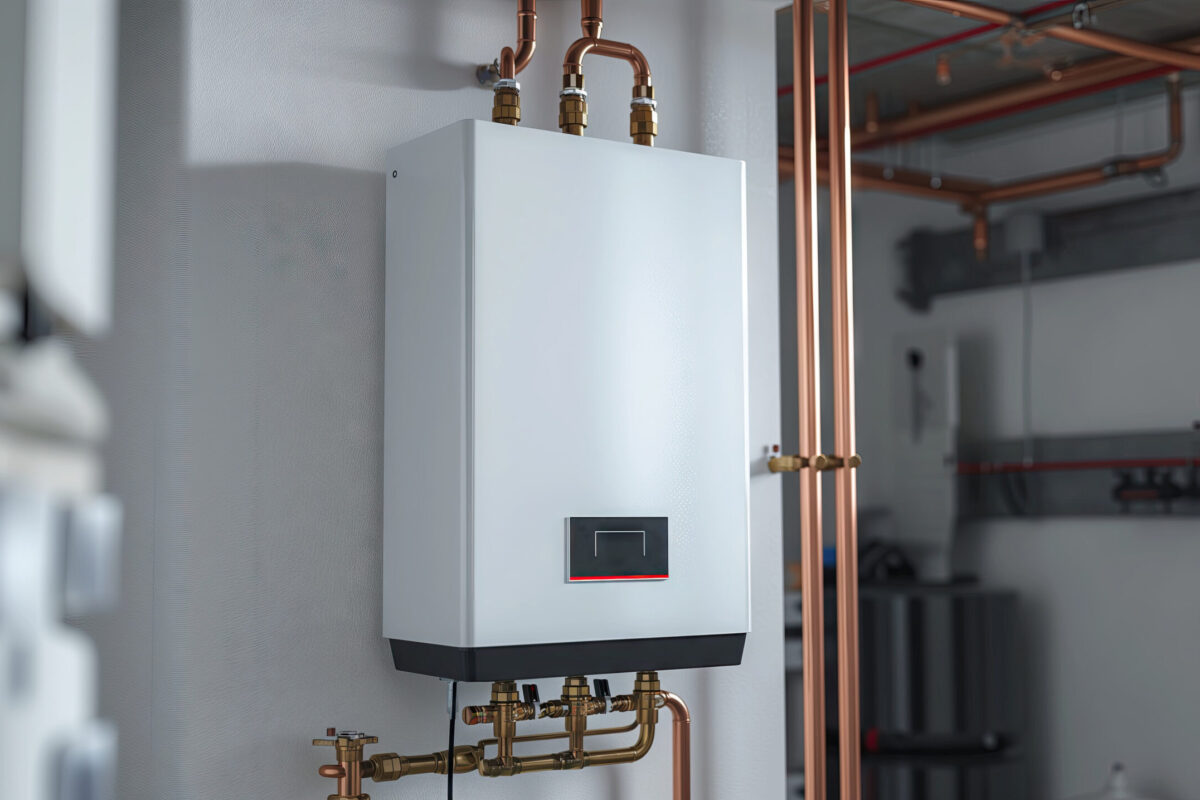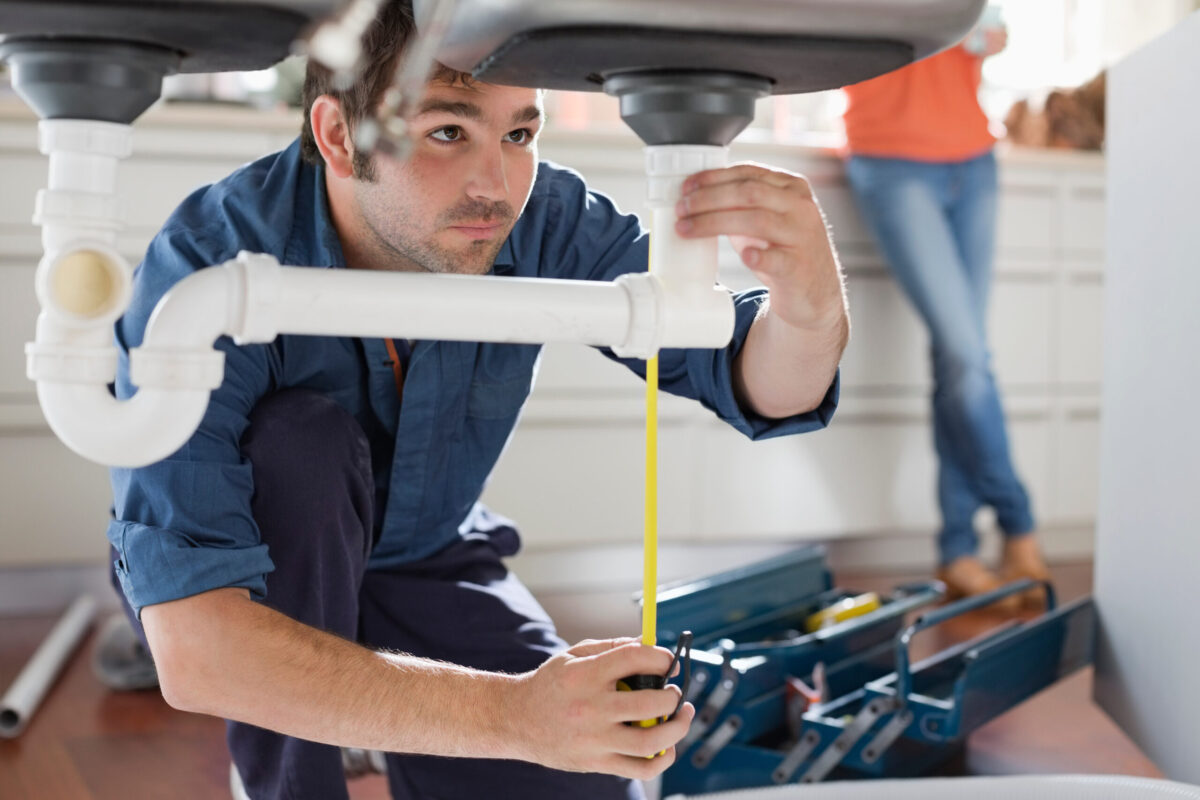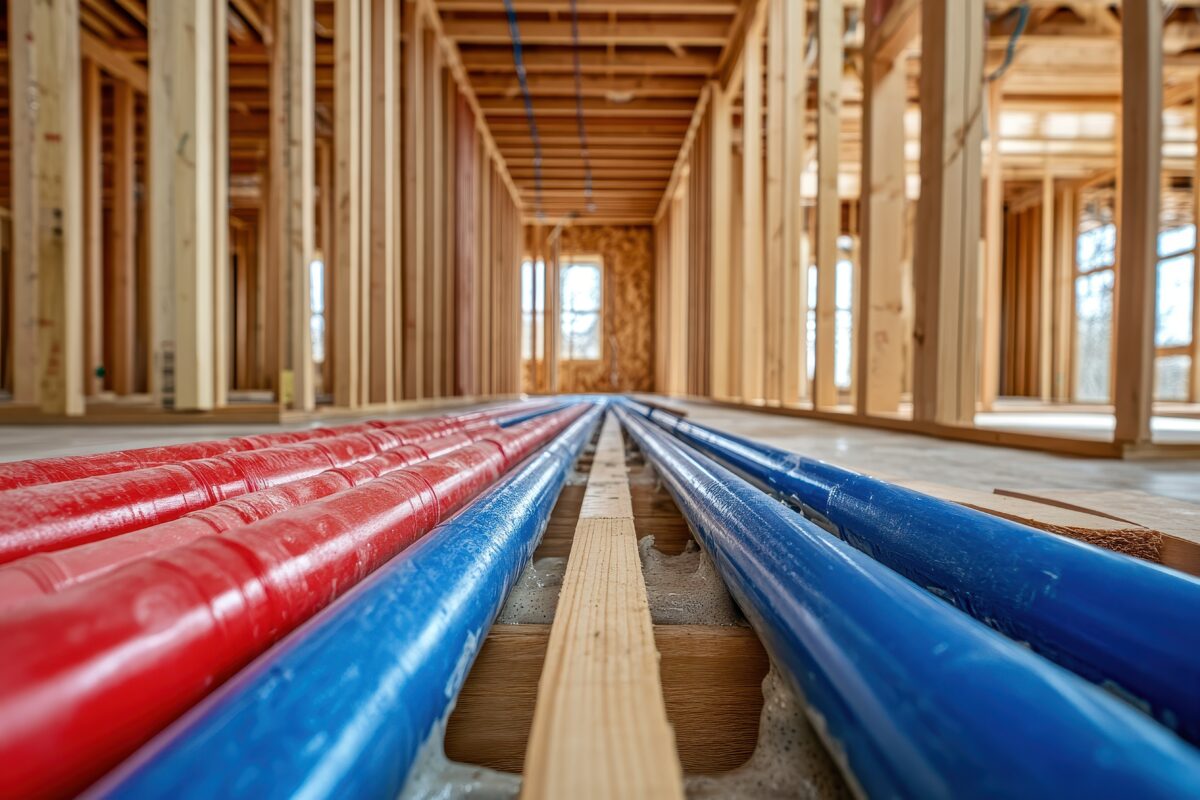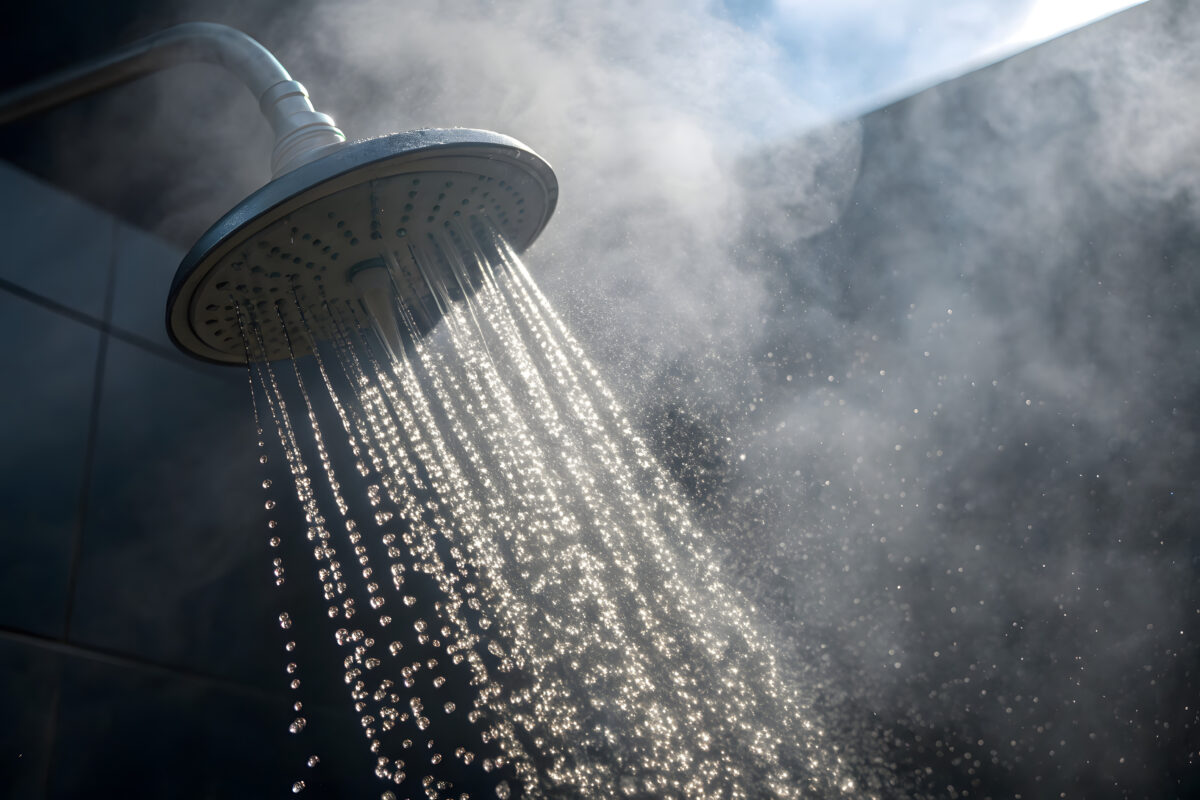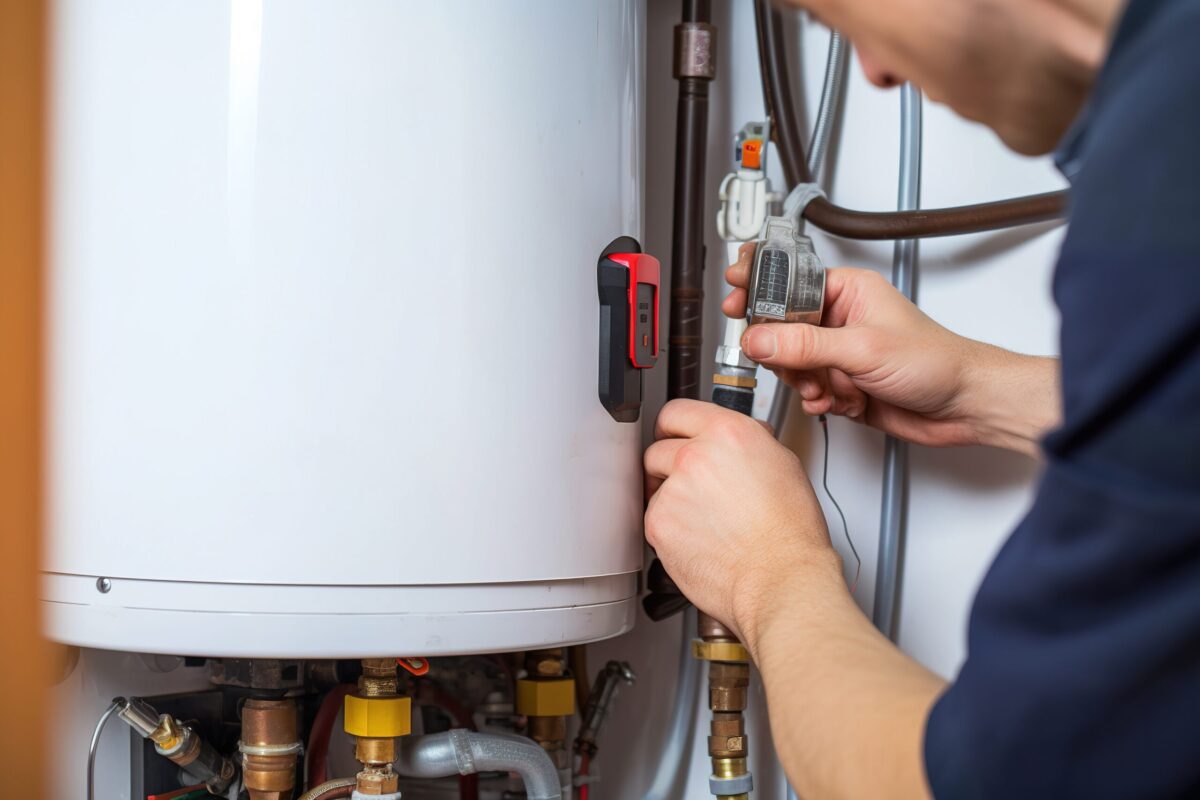Tankless water heaters are rapidly gaining popularity among homeowners seeking energy efficiency, convenience, and long-term savings. If you’re considering installing a tankless water heater, you’re not alone—this innovative technology is transforming how families access hot water and manage utility costs.
What Is a Tankless Water Heater?
Unlike traditional water heaters that store and constantly heat a large tank of water, tankless models heat water on demand. This means you only use energy when you need hot water, resulting in significant savings and a virtually endless supply.
Key Benefits of Installing a Tankless Water Heater
- Energy Efficiency – According to the U.S. Department of Energy, homes that use 41 gallons or less of hot water daily can achieve 24%-34% more energy efficiency with tankless water heaters compared to traditional storage tank models.
- Endless Hot Water – Never worry about running out of hot water during showers or laundry again.
- Space Savings – Tankless units are compact and can be mounted on walls, freeing up valuable storage space.
- Longer Lifespan – Most tankless water heaters last over 20 years, compared to 10-15 years for tank models.
- Lower Utility Bills – By only heating water when needed, you can reduce monthly energy costs.
Why Are More Homeowners Making the Switch?
Rising energy prices and a growing focus on sustainability are driving the trend toward installing a tankless water heater. In fact, the global tankless water heater market is projected to reach $4.3 billion by 2027, according to MarketsandMarkets.
Homeowners are also attracted to the convenience and reliability of tankless systems. With proper installation and maintenance, these units deliver consistent hot water and require fewer repairs over their lifespan.
Is Installing a Tankless Water Heater Right for Your Home?
While the benefits are substantial, it’s important to consider your household’s hot water needs and plumbing setup. Tankless water heaters work best in homes with moderate to high hot water demand and can be installed for whole-house or point-of-use applications.
- Evaluate your daily hot water usage
- Consider the number of bathrooms and appliances
- Consult a professional plumber for sizing and installation recommendations
Professional Installation Matters
Proper installation is crucial for maximizing the efficiency and lifespan of your tankless water heater. Beis Plumbing’s licensed and insured technicians have extensive experience with all major brands and models. We ensure your system is sized correctly and installed to code, so you enjoy reliable hot water for years to come.
For more information on our water heater services, visit our Water Heaters page.
Maintenance Tips for Tankless Water Heaters
To keep your system running efficiently:
- Schedule annual maintenance to remove mineral buildup
- Check for error codes and address issues promptly
- Use a water softener if you have hard water
Regular maintenance can extend the life of your unit and prevent costly repairs.
Why Choose Beis Plumbing?
As a trusted St. Louis plumber, Beis Plumbing offers:
- Same-day service and 24/7 live answering
- Flexible financing options
- Fully licensed and insured technicians
- Military and senior discounts
- Personalized recommendations for your home
We’re committed to providing top-notch service and expert advice for all your plumbing needs.
Ready to Upgrade? Book Your Tankless Water Heater Installation Today
Don’t wait to start saving energy and enjoying endless hot water. Contact Beis Plumbing to schedule your installation or request a free assessment. Our team is here to help you choose the best solution for your home.

